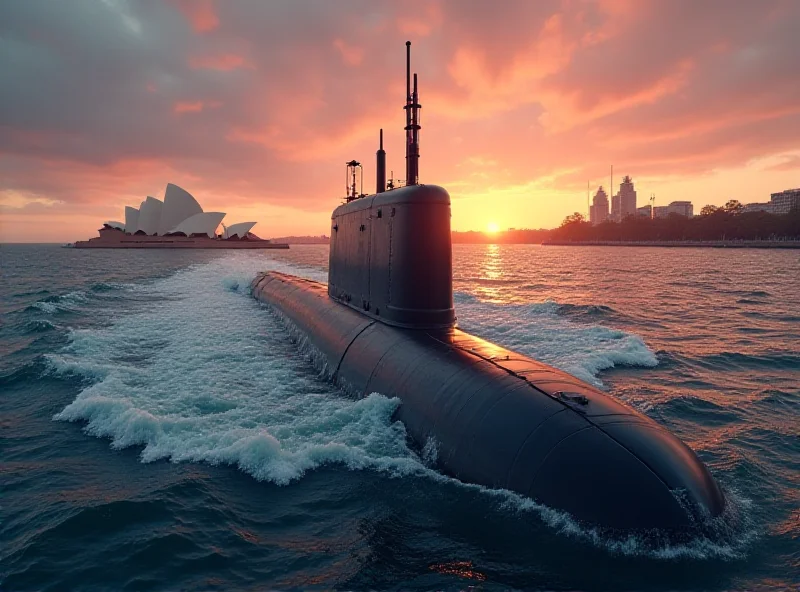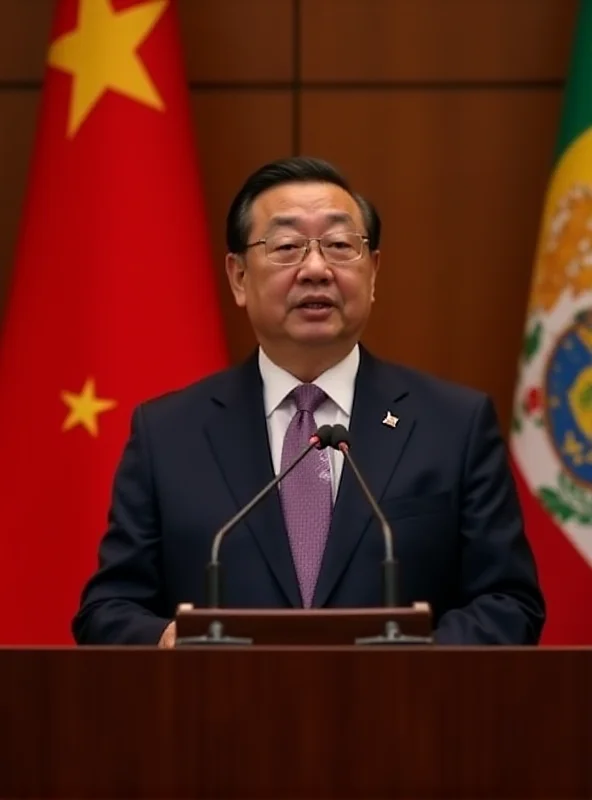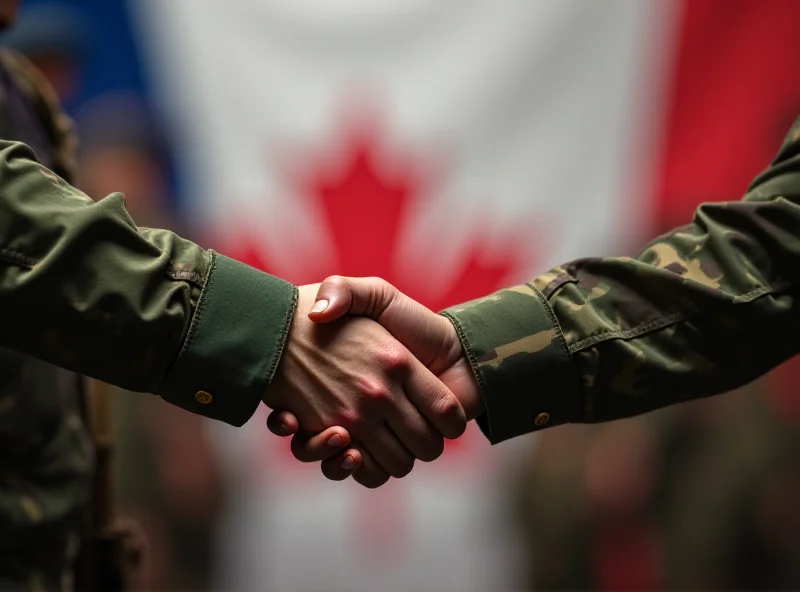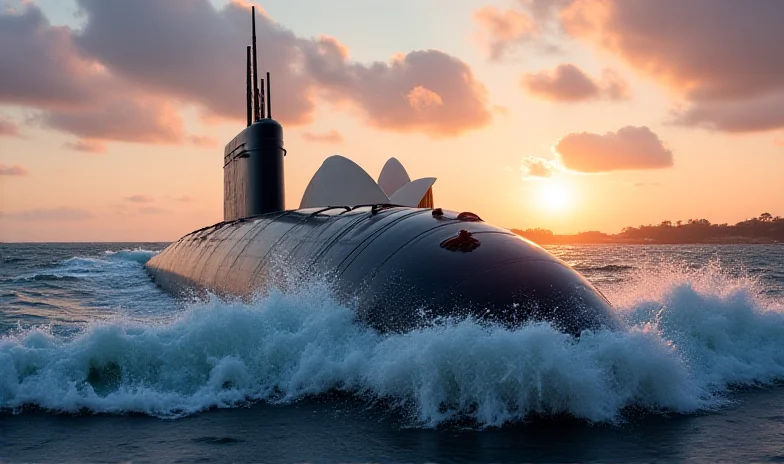The Indo-Pacific region is becoming a hotbed of geopolitical activity, marked by rising tensions and a flurry of new alliances. But amidst the fanfare of new deals, questions are being raised about the reliability of existing partnerships.
Aukus Under Scrutiny
The multi-billion dollar Aukus deal, promising nuclear submarines to Australia, was initially hailed as a cornerstone of Indo-Pacific security. However, doubts are now surfacing about whether Australia will ever actually receive the promised submarines. Is America, a key partner in the deal, proving to be an increasingly unreliable ally? The deal, presented with "fanfare and flags," may be papering over significant uncertainties about its deliverability.

The future of Aukus underscores the complex and shifting landscape of international relations in the region. With so much at stake, any perceived weakness or unreliability in key partnerships can have far-reaching consequences.
China's Countermoves
Meanwhile, China is actively working to strengthen its own relationships in the region and beyond. Chinese Foreign Minister Wang Yi recently announced plans for a meeting in Beijing with Latin American countries, aimed at boosting cooperation "regardless of all disturbances." This is widely seen as a direct response to perceived US influence and a bid to create a counter-balance.

This move highlights China's ambition to play a more prominent role on the global stage, challenging the existing world order and forging new alliances with emerging nations.
Philippines Forges New Ties
Amidst these broader geopolitical shifts, individual nations are also taking steps to bolster their own security. The Philippines, for example, is set to sign a troops pact with Canada, further broadening its security partnerships in response to rising tensions in the Indo-Pacific. This move reflects a growing awareness of the need for diverse and robust security arrangements in the face of increasing uncertainty.

A Voice for Indigenous Peoples
Beyond the realm of high-level geopolitics, the region is also home to important voices advocating for marginalized communities. In Peru, Tarcila Rivera-Zea, a member of the Quechua community, has spent decades championing the rights and recognition of indigenous peoples. Her work serves as a reminder that security and stability also depend on addressing social justice issues and ensuring that all voices are heard.
The Indo-Pacific region is a complex and dynamic arena, where deals are made, doubts are raised, and nations are constantly recalibrating their strategies in response to evolving challenges. As tensions continue to rise, the need for clear communication, strong partnerships, and a commitment to inclusive solutions becomes ever more critical.
